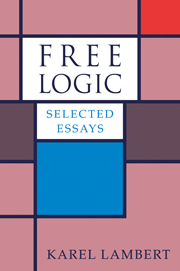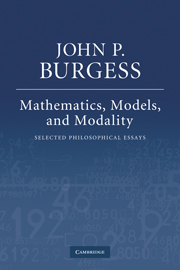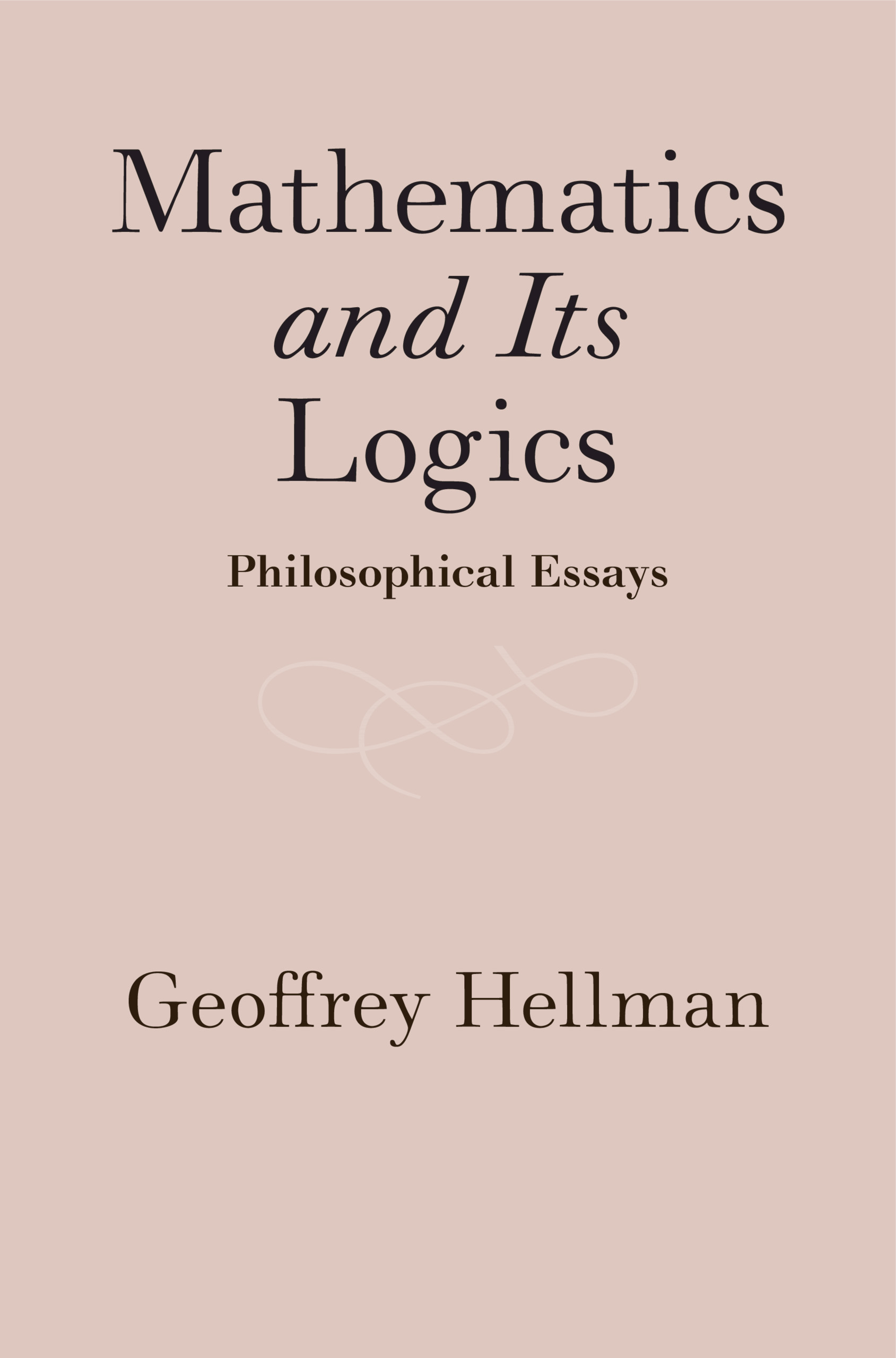Free Logic
Free logic is an important field of philosophical logic that first appeared in the 1950s. J. Karel Lambert was one of its founders and coined the term itself. The essays in this collection (written over a period of 40 years) explore the philosophical foundations of free logic and its application to areas as diverse as the philosophy of religion and computer science. Amongst the applications on offer are those to the analysis of existence statements, to definite descriptions and to partial functions. The volume contains a proof that free logics of any kind are non-extensional and then uses that proof to show that Quine's theory of predication and referential transparency must fail. The purpose of this collection is to bring an important body of work to the attention of a new generation of professional philosophers, computer scientists and mathematicians.
- Lambert is the founder of this field of logic: he is well known to philosophers and logicians
- Cross-disciplinary potential for computer science
Reviews & endorsements
"...useful...this book is well designed for its intended purpose." Mathematical Reviews
"These essays will be seen to be even more important once mathematicians and software engineers realize that what they thought was new and novel to their fields (E-logic and E+-logic and the various other names that these logics go by in mathematics and computer science) are varieties of free logic and were first discovered 30-45 years ago." Raymond Gumb, Department of Computer Science, University of Massachusetts, Lowell
"Lucid in its prose and clear in its presentation of logical points.... Recommended." Choice
"simple solutions for complex and deep problems is what we are looking for after all and this book of essays throws in a third element that is specifically tied to its author, namely a clarity of exposition and presentation that at moments makes the book actually fun to read." - Jean Paul Van Bendegem
Product details
August 2007Paperback
9780521039222
204 pages
225 × 152 × 11 mm
0.312kg
Available
Table of Contents
- Introduction
- 1. Russell's version of the theory of definite descriptions
- 2. Existential import, 'E!' and 'the'
- 3. The reduction of two paradoxes and the significance thereof
- 4. The Hilbert–Bernays theory of definite descriptions
- 5. Foundations of the hierarchy of positive free definite description theories
- 6. Predication and extensionality
- 7. Nonextensionality
- 8. The philosophical foundations of free logic
- 9. Logical truth and microphysics.




